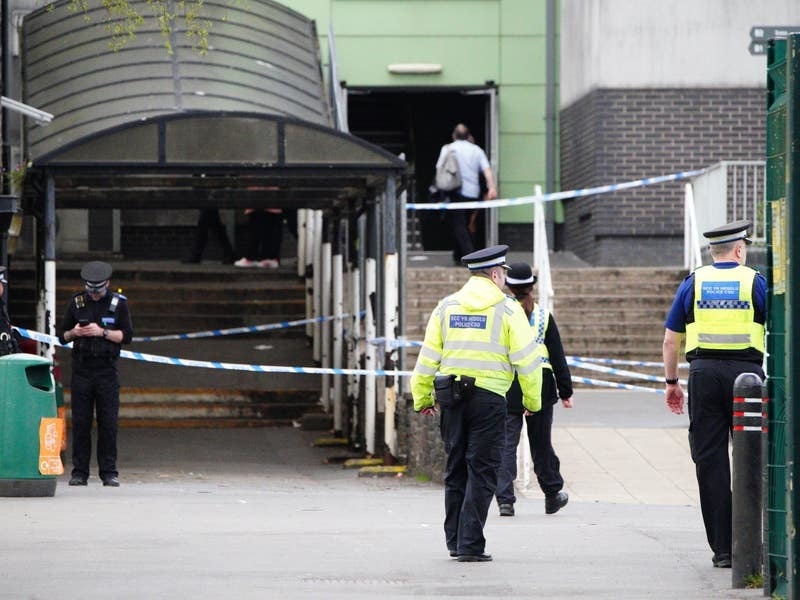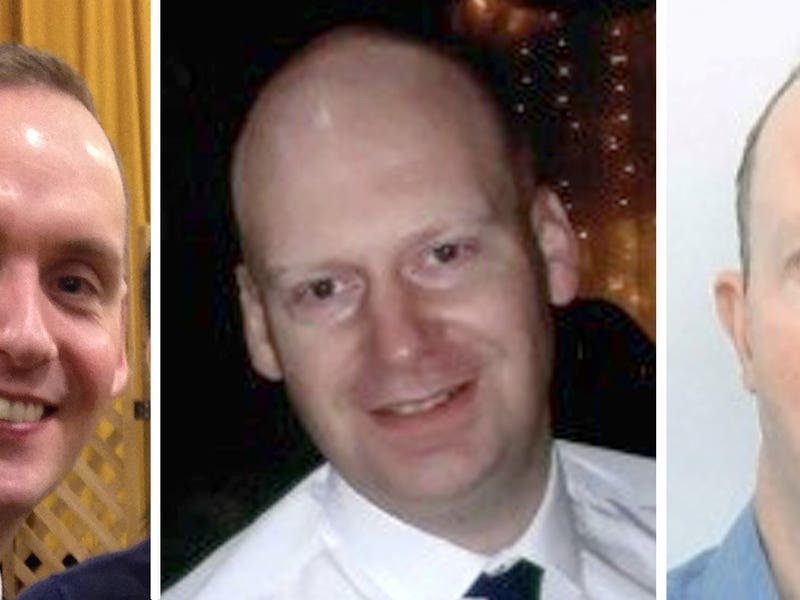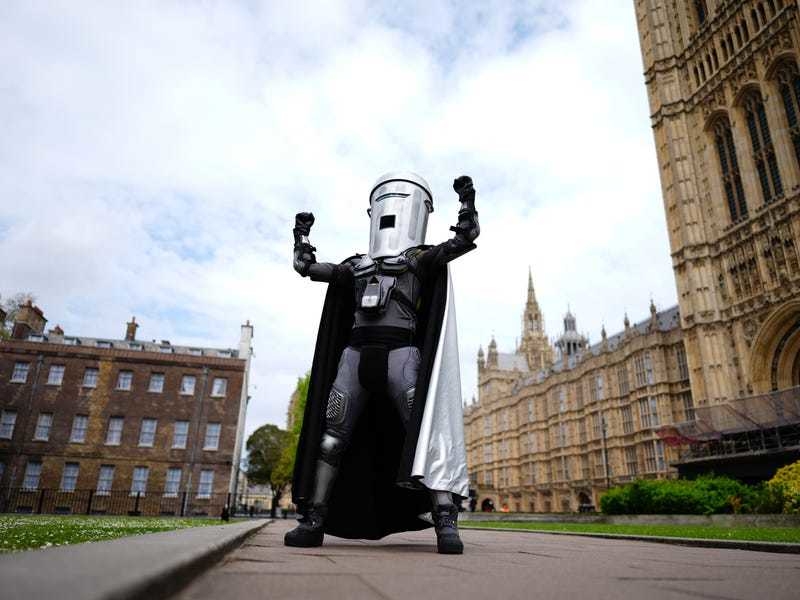Sir Malcolm Jack, a former Clerk of the House of Commons, was commissioned by the Privileges and Procedures Committee last year to compile a review of States parliamentary privilege – a legal immunity which gives Members protection against civil or criminal liability for actions done or statements made in the course of their legislative duties.
A consultation of States Members and Crown Officers is now being carried out to decide what aspects of the review – which cost about £24,000 – should be written into States standing orders.
In Sir Malcolm’s review, he suggested a potential six- month jail term for leaking States documents.
The suggestion comes just days after St John Constable Chris Taylor criticised an unnamed States Member for leaking minutes of an in-camera debate in 2010.
During this week’s States debate on whether to censure Deputy Andrew Lewis, Mr Taylor suggested that the ‘guilty party’ was the Member who leaked the minutes of the private debate six years before the transcript was officially released to the public following a request by the Independent Jersey Care Inquiry. Under Sir Malcolm’s proposals, those found to obstruct States proceedings, Scrutiny panels, committees or public inquiries could face up to five years in jail.
He also suggests that the House could be given the power to suspend or expel Members without pay for serious breaches of parliamentary code.
The review also states that Members who are speaking under parliamentary privilege should not be subject to civil or criminal charges. This includes when delivering speeches in the States, speaking at a Scrutiny Panel or giving evidence to a committee of inquiry. Members are already afforded this protection under the existing standing orders.
Constable Len Norman, who chairs PPC, has now asked States Members for their thoughts on the review with the intention of bringing forward legislative changes.
He said: ‘Once we have the feedback from Members and Crown Officers, we will consider what is appropriate going forward. We will have to listen to what people think and will go from there.
‘The main issues raised have been the definition of privilege and where and why privilege should
exist. We need to make sure that not only Members but the public have a better understanding of what
it is and where it is relevant.
‘It is important that politicians are free to say what they believe is right in the States but also to stress that what is said is honest and true.’
The consultation period will last for about a month before PPC will lodge any propositions making changes to parliamentary privilege.






